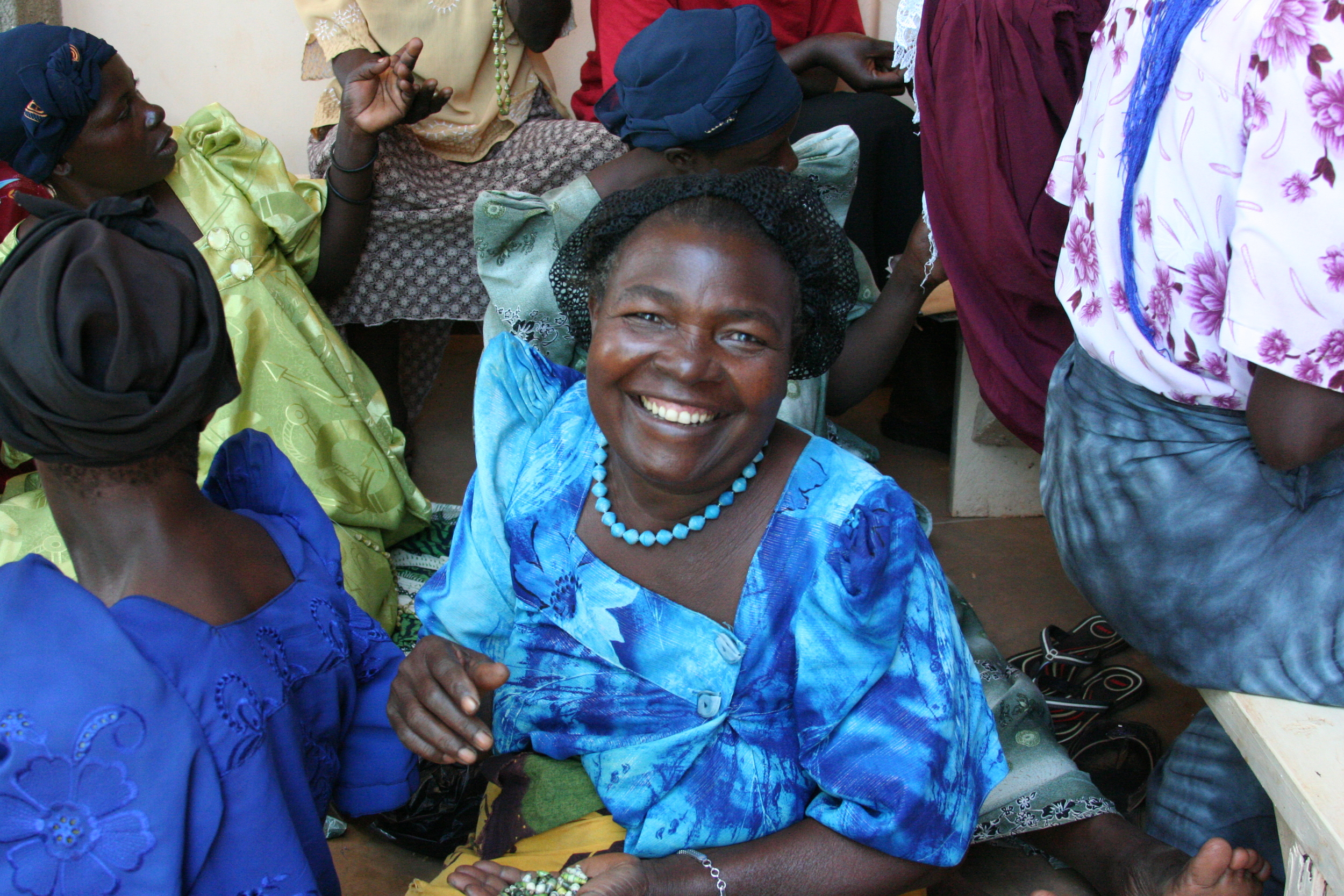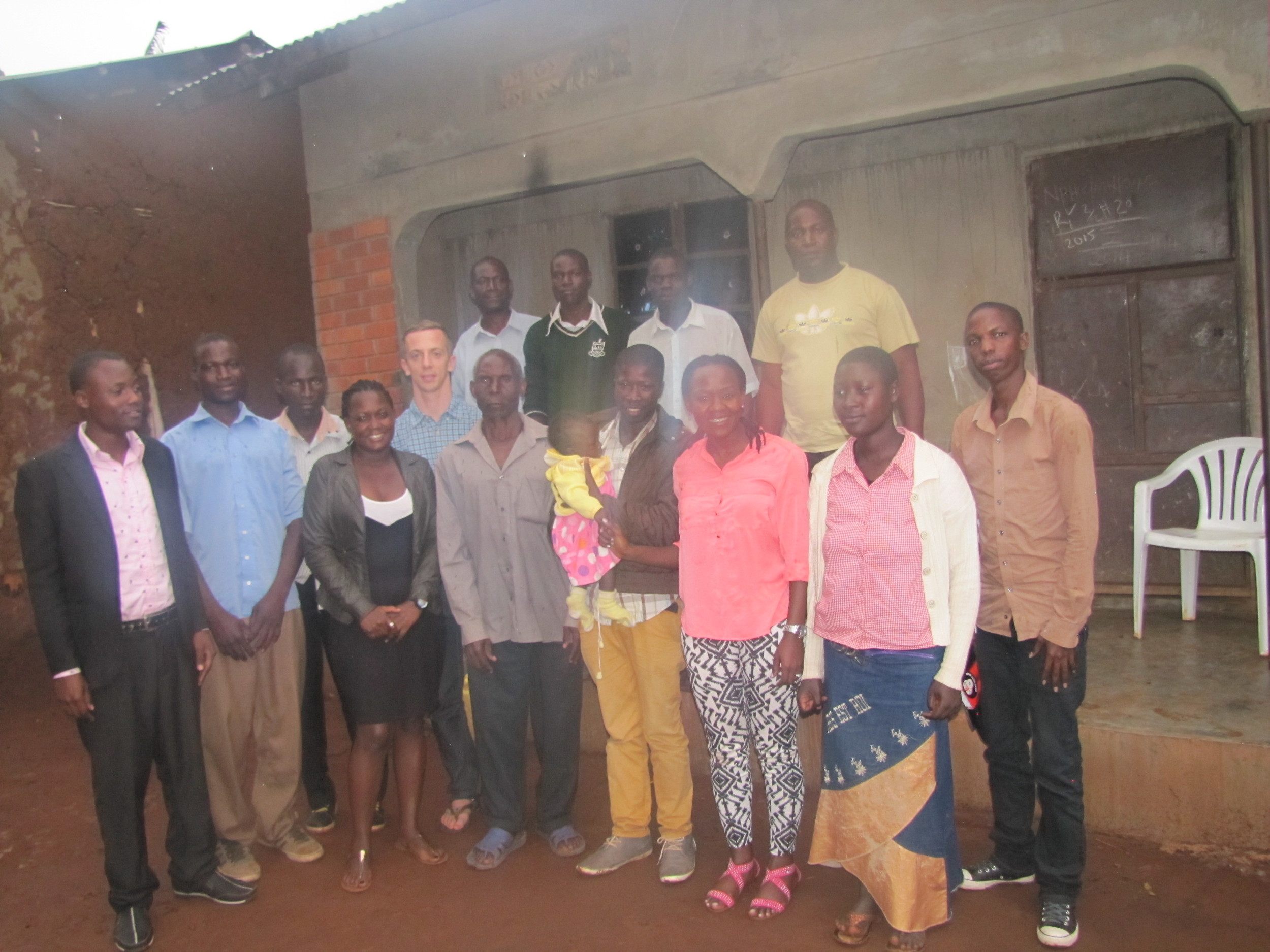OUr Ugandan Partners
Tusubira's work is rooted in supporting community-based NGOs in the work that they are trying to do. For fifteen years now, we have partnered closely with two organizations, WOCAP and CEP, who implement vital community development work in the communities where they are based.
Partner locations
Widows & Orphans Community Action Plan (WOCAP)
headquartered in Namagera village, Jinja District, Uganda.
Child Empowerment ProgramME (CEP)-Uganda
headquartered in Nawanende village, Kamuli District, Uganda.
Starting in the 1990s the impacts of the AIDS pandemic started to be felt in many parts of Uganda. Adults of child-bearing age where infected and many died, affecting almost everyone in rural areas of eastern Uganda. The loss of parents created many orphans and vulnerable children which caused an influx of children to orphanages. This new phenomenon eroded some of the rich culture of extended families that binds families together in times of loss. Communities affected by AIDS also lost youth and adolescents who migrated to find orphanages and ‘better’ lives elsewhere, including sometimes ending up on streets as street children or entering into early marriages, leaving villages full of grandparents with very young orphans, many of whom were in destitute situations.
Child Empowerment Programme (CEP; formerly The AIDS Generation Uganda) was founded in 2005 to respond to the devastation the AIDS pandemic and subsequent consequences presented on the local Bugulumbya county in Kamuli district in eastern Uganda. Kamuli district is one of the poorest economically and is among the least-educated districts throughout east Africa (Uwezo, 2013).
Since its founding CEP has worked directly with village members to provide improved livelihoods for the elderly through raising guineafowl whose eggs have superior nutrition for health and fetch a higher price on the market, to sensitize and advocate against early marriages for girls, and to provide education for the youth in the village. One specific focus for CEP is to provide vocational education opportunities to vulnerable children (including girls who have dropped out of school due to pregnancy) and rural youth and to ensure that trained youth have opportunities to remain in their village rather than migrating away to the towns. In partnership with Tusubira-We Have Hope, CEP has provided secondary school and vocational scholarships for 15 students from the village, 6 of whom have entered professions including social worker, nurse, policeman, teachers, and a chef. Five scholarship beneficiaries work in their village Nawanende, while the chef works in a nearby town where she could find work as a chef. Having 5 trained workers in the small village has not only improved the service provision in the village, but has also inspired many children and youth to stay in their village and to pursue an education.
After the scholarship program, a community assessment was carried out for the village to assess the impact of the scholarship. The 2016 assessment showed that there was need for an education center to help more rural children access secondary education, and specifically vocational training for girls who had dropped out of school due to early pregnancies. In 2017, together with our partner Tusubira-We Have Hope, we started YANA Community High School (YANA CHS), a village-based secondary school that will provide both secondary education (according to the Ministry of Education curriculum) and (most importantly) vocational training for youth in the village who are unable to return to secondary school but need training to find a vocation. YANA CHS provides a campus where students can attend school from Monday to Friday, and which will provide a campus for community development and public education activities, and over the school recess provide the campus for vocational courses that include tailoring, hair-dressing, sustainable agriculture, and nursery school teacher training.
Today we seek partnerships to work on this journey of developing a community-focused secondary school in Kamuli district, eastern Uganda.
Citations:
Uwezo (2013). Are our children learning? Literacy and Numeracy Across East Africa. http://www.uwezo.net/wp-content/uploads/2012/08/2013-Annual-Report-Final-Web-version.pdf (Accessed: 13 May, 2017)



